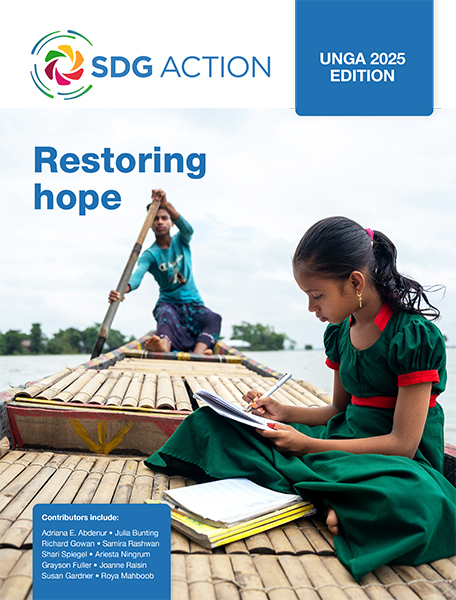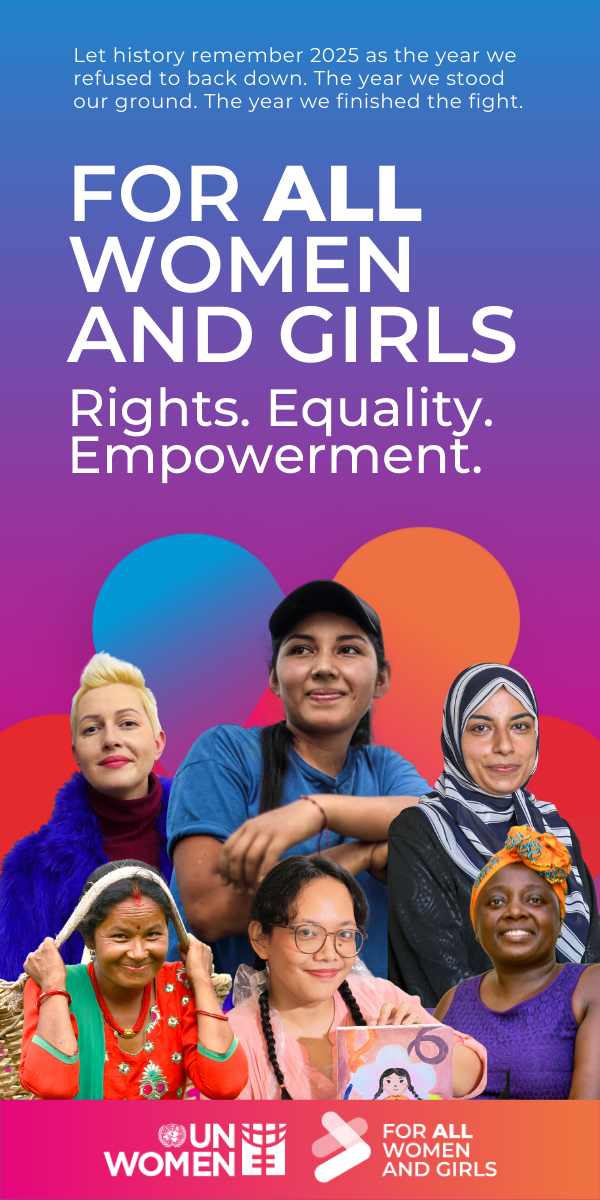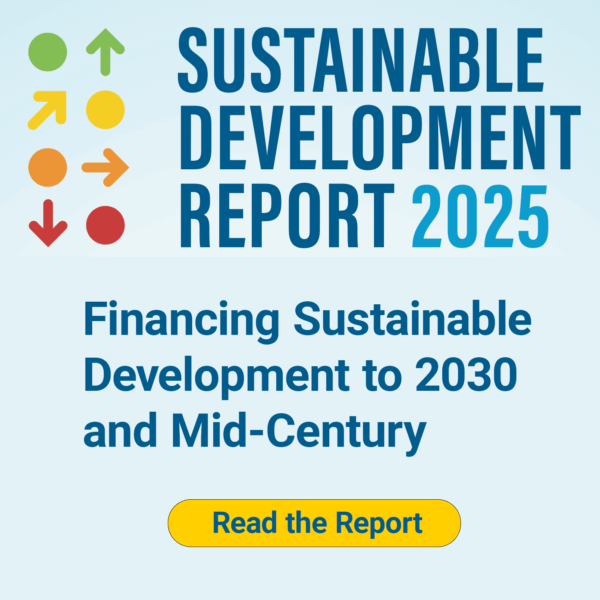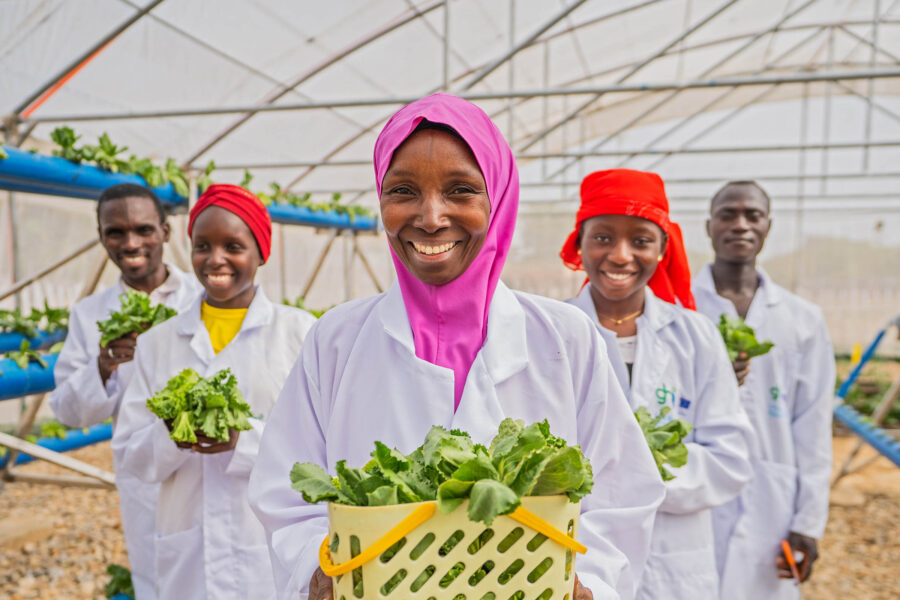Countering the global war on women
Across the world, women’s rights are increasingly under attack from conservative and populist forces. Defending these rights – through broad democratic alliances and institutional resilience – is critical to safeguarding democracy itself
Gender — Global
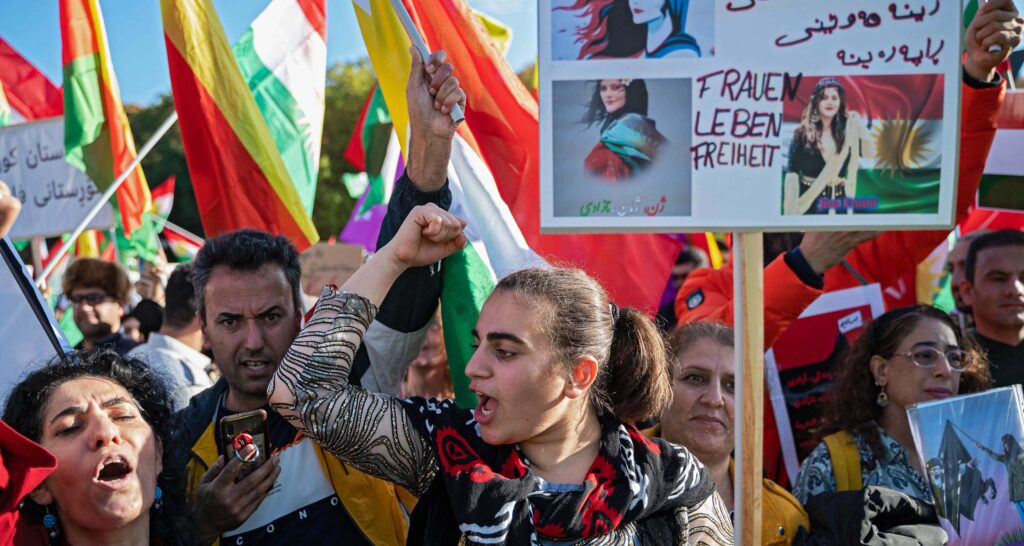
Around the world we see many right-wing conservative and populist governments adopting similar policies about gender equality and LGBTQ+ rights. These measures erode women’s rights as well as human rights more broadly, attempting to impose a certain vision of society on their polities, often using undemocratic means.
This shared pattern is not a coincidence. The erosion of women’s rights can provide a litmus test for the extent of the wider erosion of democracy. Indeed, the two often go hand in hand, as part of wider trends toward “autocratization” (the process by which democracies become more autocratic or authoritarian). As such, wider attacks on “gender” and “gender ideology” have been growing globally for several decades and particularly since 2010. In fact, some analysts argue that these “anti-gender” sentiments have become the “symbolic glue” that can unite what otherwise would be disparate groupings of conservatives and right-wing populists together with various religious and anti-democratic forces.
The anti-gender movement and its narratives
What unites these actors is their antipathy to feminism, women’s rights, and the rights of LGBTQ+ people. They see gender ideology (and “gender theory”), through its support of gender rights and freedoms, as attacking “natural” gender roles. They argue that gender ideology negates sexual difference and denies the natural complementarity between biologically defined men and women, thereby threatening the institution of the (heterosexual) family. These actors share a belief in the immutability of sex assigned at birth that cannot be changed or altered. As such, they oppose LGBTQ+ rights, same-sex marriage, and trans rights.
They also have highly conservative views on women’s rights, including reproductive rights and particularly abortion rights, often seeing women’s primary roles as in the home raising children. As politicians, they see it as their task to defend the family from feminism, LGBTQ+ activism, the Left, the UN, and human rights NGOs who support women’s rights and those of sexual and gender minorities. Many of these conservative and right-wing populist governments combine their anti-gender beliefs with xenophobia and nativism. They argue they’re acting for the “pure” people against the corrupt elites, migrants, and anti-gender activists who seek to undermine their societies.
As a result, some seemingly disparate governments and movements, like President Trump’s MAGA movement in the US and President Putin’s government in Russia, share an opposition to gender ideology alongside their other socially conservative and xenophobic views. At the same time, the ways that gender ideology is framed varies in different contexts. For example, it’s been described as:
- “Ebola from Brussels” in East Central Europe
- a Western colonial import in parts of Africa
- evidence of Western decadence in Russia
These conservative and right-wing populist governments share both rhetorical repertoires and political strategies. Rhetorically they use affect and fear – for example, around women’s safety – weaponizing narratives of threat and danger. The right-wing populist “complex” – comprising this diverse collection of actors, often mobilizing around a shared emotional appeal (for example, as “concerned citizens”) – frequently includes a racialized sexual politics. It often, for example, frames migrants as a sexual threat (as seen around the New Year’s Eve events in Cologne in Germany in 2015/16, when about 80 women reported sexual assaults and muggings by men). This highlights how the dynamics of xenophobia, race, and gender can intersect.
Once in government, conservative and right-wing populist politicians often try to capture state institutions such as the legislature and judiciary. They then incrementally undermine these institutions’ capacities, curbing the independence of courts, and reducing freedom of speech and the right to protest. Their programs frequently include dismantling or reframing gender equality and other equality institutions and policies within the state. We saw this happen in Hungary under Prime Minister Orbán and Poland under the Law and Justice Party (PiS), as well as more recently in the US after Donald Trump was re-elected and federal diversity, equity, and inclusion programs were abolished. University gender studies courses, too, are often banned (again, in Hungary and now in the US).
At the same time, restrictions on sex education in schools are frequently introduced, preventing any discussion of gender identities and sometimes even of contraception. This is often combined with new restrictions on reproductive services, including the virtually total bans on abortion as seen in Poland and in some US states.
The Istanbul Convention: a battleground for gender rights
One issue that became a cause célèbre for many conservative and right-wing populist governments was the 2011 Istanbul Convention. This international agreement to prevent and combat violence against women has been seen as a litmus test for a government’s commitment to gender equality. (The UK government only ratified it in 2022, 10 years after first signing the convention, and even then excluding migrant women from any services around gender-based violence). The convention has been fiercely opposed by some conservative and religious actors for supposedly promoting gender ideology as it defined gender as a social construct and so is seen as threatening traditional family structures and national values. As a result, the Hungarian and Slovakian governments refused to ratify it. In Turkey, President Erdoğan’s government withdrew from it in 2021.
Alongside the implementation of policies that erode women’s rights, these governments often introduce measures to bolster the heterosexual family, to encourage the “right kind of families” to have more children – for example, through increased maternity leave and child allowances. As such, struggles over women’s rights, gender, sexuality, and the family – alongside exclusionary ideas about who is entitled to rights – are closely intertwined with the erosion of democracy by populist and conservative forces, as they try to limit various rights and freedoms that are central to any well-functioning democracy.
Building democratic resilience
What can be done? As democratic backsliding by right-wing populist and conservative governments has become more evident, political scientists have started thinking more about how to foster democratic resilience. Strengthening the ability of democratic actors and institutions to counter attempts to undermine democratic norms and practices – and prevent the erosion of rights and democracy – is a critical step in defending women’s rights.
In addition to ensuring strong, effective, and well-functioning institutional guardrails to prevent the misuse of power and the undermining of key institutions of democracy, attention is increasingly focusing on the central role of broad-based alliances. These alliances include a range of democratic civil society actors who overcome any internal differences to counter democratic erosion. Activism around women‘s issues can play a crucial part in this. The “Women in Black” mass protests of 2016 and again in 2020/21, against PiS plans to further limit abortion rights in Poland, are often seen as an important example of action that both defends democracy and women’s rights.
SDG Action sidebar: Protecting human rights and democracy

Democracy is a core principle of the United Nations, primarily due to the symbiotic relationship between democracy and human rights. In 2002, the former Commission on Human Rights passed a resolution on “Further measures to promote and consolidate democracy”. In its preamble it states “democracy, development and respect for human rights and fundamental freedoms are interdependent and mutually reinforcing”. It lists the essential elements required to protect democracy and rights as:
- Respect for human rights and fundamental freedoms
- Freedom of association
- Freedom of expression and opinion
- Access to power and its exercise in accordance with the rule of law
- The holding of periodic free and fair elections by universal suffrage and by secret ballot as the expression of the will of the people
- A pluralistic system of political parties and organizations
- The separation of powers
- The independence of the judiciary
- Transparency and accountability in public administration
- Free, independent and pluralistic media
Populist movements worldwide have been systematically undermining all areas simultaneously. To preserve democracy and a rights-based system, the response must be equally comprehensive and co-ordinated. Civil society groups need to look beyond their immediate causes and form alliances to protect all the pillars on which democracy depends. The global war on women is part of a wider war, and can only be won by preserving the ecosystem that protects rights.
Featured in:
UNGA 2025 edition: Restoring hope
An effective multilateral response is needed for an ever increasing number of crises. At the same time, the UN – the heart of the multilateral system for 80 years – is under attack from nations trying to defund and disempower it. Radical reform is clearly needed. Whatever form that takes, it should be guided by and designed to support the SDGs.
This edition considers the impacts of inequality and conflict, and explores ways to build a fairer, safer future through education, technology, economic development and global partnerships.
Authors include Adriana E. Abdenur, Julia Bunting, Richard Gowan, Samira Rashwan, Shari Spiegel, Ariesta Ningrum, Grayson Fuller, Joanne Raisin, Susan Gardner and Roya Mahboob.
Publication date: 22 September 2025

